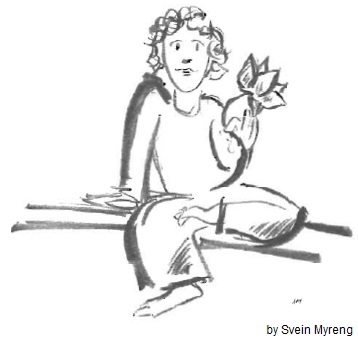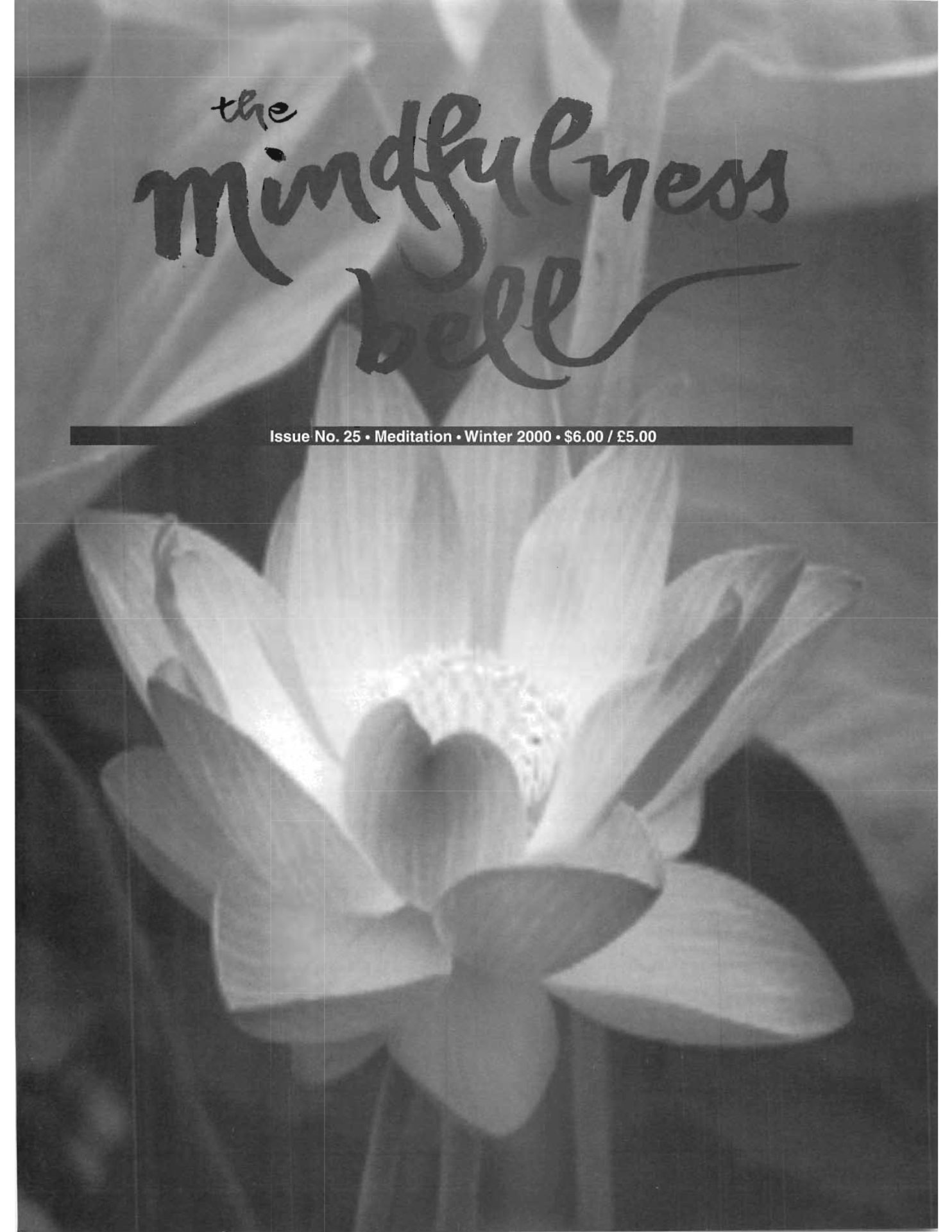By Patrecia Lenore
I have fibromyalgia, a close relative of chronic fatigue syndrome. I am always in pain, all over my body, sometimes low-grade, sometimes acute. When the pain is acute, it feels like my body is on fire and my bones are being scraped. I also have fatigue. Again, sometimes it is low-grade, sometimes so acute that it is difficult to breathe or eat. Although I cannot always prevent or predict acute attacks of pain or fatigue,
By Patrecia Lenore
I have fibromyalgia, a close relative of chronic fatigue syndrome. I am always in pain, all over my body, sometimes low-grade, sometimes acute. When the pain is acute, it feels like my body is on fire and my bones are being scraped. I also have fatigue. Again, sometimes it is low-grade, sometimes so acute that it is difficult to breathe or eat. Although I cannot always prevent or predict acute attacks of pain or fatigue, I have learned a lot about how to manage my life so it is less likely that I will reach the acute stage. Meditation is one of my most valuable tools.
Meditation helps me notice the subtle signs of a possible flare-up. As Thay says about strong feelings in Peace Is Every Step, the first step is to be aware. If I'm aware of my body's signals, I can see, hear, or feel the signs of weakness and pain. After the initial awareness, I usually have to work on accepting what my body is telling me. This is not always easy. In fact, it usually isn't. Like most people, I want to finish what I'm doing, whether it is work or pleasure. It's difficult to stop. But if I can concentrate on the fact that stopping and resting is being loving to myself, rather than focusing on the feelings of disappointment and deprivation, then I can allow myself to rest. Sometimes this means simply observing my breath with my eyes closed. Sometimes I am able to listen to quiet music. If I catch the signals soon enough, I might have the strength to talk to a friend or read a book. Often the most difficult part is watching my mind being scared and projecting that I will always feel this way. I try to remember that everything changes, even pain. And when I can't remember that very well, I call a friend to remind me.

I need to work on accepting my limitations within this illness and asking for help. Recently, I was caring for my grandchildren while my daughter and her husband moved into their new house. I wanted to help pack and carry things, but after a few minutes, was not able to continue because of the pain and fatigue. Immediately, thoughts about my deceased mother arose. She was almost always ill, and, I am sorry to say, my brothers and sisters and I felt very critical of her a lot of the time. Now I have a lot more compassion for her. I also had a lot of self-pitying thoughts. When that happens, I'm learning to gently turn my mind to what I can do. In this case, I reminded myself that perhaps my quiet presence was calming to those who were packing and moving, and that helping keep my grandchildren happy was enough. Without my meditation practice of looking deeply, I would not have known how sad I felt about my limitations or that I needed to gently change my focus to what I was able to do.
At the wonderful retreat in Santa Barbara this fall, I noticed it was easy to assist the staff in finding help for the differently-abled, but difficult to put myself in that category. An amusing thing happened. I helped find an alternate space for morning meditation for those unable to walk on the beach, never dreaming I would be one of those people. But on Monday morning, I found myself in that very space, because the ocean air was too cold for me. There were only a few of us, but each morning I had the pleasure of Sister Jina's gentle and "solid like a mountain" presence, leading us in meditation and mindful movements. Her presence brought me and the others joy and peace. What a treat!
Here is a meditation verse I composed to help remind me that it's okay to ask for help.
Breathing in, I scan my body; Breathing out, I smile gently to my body. Breathing in, I scan my mind; Breathing out, I smile gently to my mind. Breathing in, I feel tiredness (or pain); Breathing out, I open to my tiredness. Breathing in, I see I need assistance; Breathing out, I ask for help, knowing it helps others too. Breathing in, I accept others' assistance; Breathing out, I feel gratitude.
I offer this verse in loving gratitude to Thay and all the wonderful teachers that I have encountered in myriad forms—people, animals, plants and minerals.
Patrecia Lenore, Flower of True Virtue, practices with the Community of Mindfulness/New York Metro.

